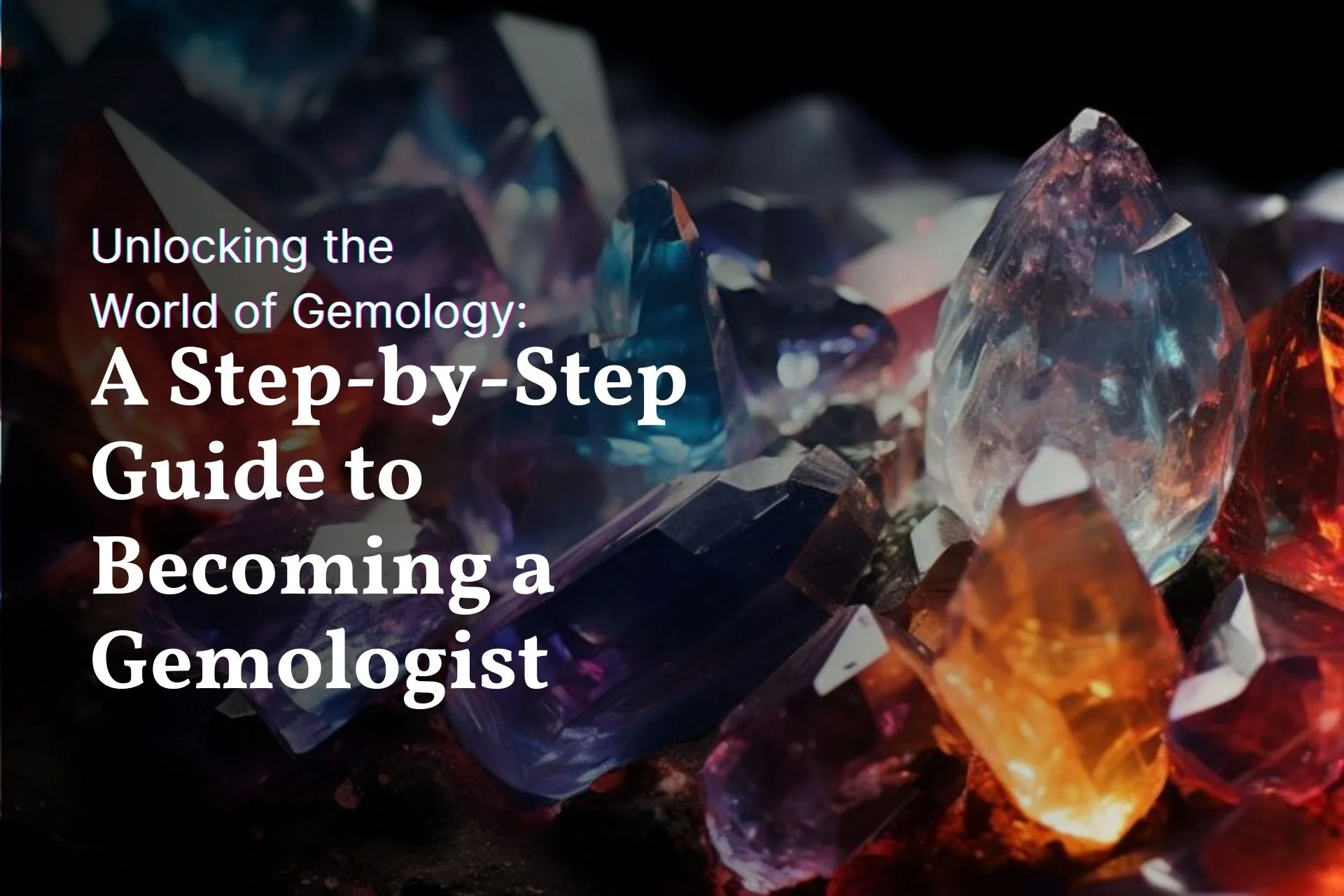Unlocking the World of Gemology: A Step-by-Step Guide to Becoming a Gemologist
Introduction:

Gemology, the study of gemstones, is a captivating field that combines science, art, and commerce. Gemologists play a crucial role in identifying, grading, and valuing precious stones, making their expertise highly sought after in the jewelry industry. If you have a passion for gemstones and wish to embark on a journey to become a gemologist, this article will guide you through the essential steps to pave your way into this fascinating profession.
- Educational Foundation: The first step towards becoming a gemologist is to establish a strong educational foundation. Consider pursuing a degree in gemology or a related field such as geology, mineralogy, or jewelry design. Several renowned institutions and gemological laboratories offer courses and certifications that cover the scientific, aesthetic, and practical aspects of gemstones.
- Gain Practical Experience: Theory alone won’t make you a proficient gemologist. Hands-on experience is vital in developing the necessary skills. Seek internships or entry-level positions in gem-related businesses, such as jewelry stores, gemstone laboratories, or mining companies. Practical exposure will enhance your ability to identify and evaluate gemstones accurately.
- Enroll in Gemology Courses: Specialized courses in gemology are essential to grasp the technicalities of gemstone identification, grading, and valuation. Look for courses offered by reputed gemological institutes or organizations like the Gemological Institute of America (GIA) and the International Gem Society (IGS). These courses cover a range of topics, including gemstone formation, treatments, and ethical considerations.
- Obtain Gemologist Certification: Gemology certifications add credibility to your profile and are often required by employers in the industry. GIA, for instance, provides internationally recognized certifications like the Graduate Gemologist (GG) program. Certification programs typically include both theoretical exams and practical assessments, ensuring that you have a comprehensive understanding of gemstones.
- Develop Specialized Knowledge: Gemology encompasses various specializations, such as colored gemstones, diamonds, and pearls. Consider delving into a specific area of interest to become an expert in that niche. Specialized knowledge can open up unique career opportunities and set you apart in a competitive market.
- Networking and Industry Involvement: Networking is crucial in any industry, and gemology is no exception. Attend industry events, conferences, and join professional associations to connect with fellow gemologists, jewelers, and industry experts. Building a network can provide valuable insights, job opportunities, and mentorship.
- Stay Updated with Industry Trends: Gemology is a dynamic field with continuous advancements in technology, treatments, and market trends. Stay informed by regularly reading industry publications, participating in forums, and attending workshops. Keeping up with the latest developments ensures that your knowledge remains current and relevant.
- Acquire Gemological Tools: Gemologists rely on various tools for gemstone examination. Invest in a quality gemological microscope, refractometer, spectroscope, and other essential equipment. Familiarize yourself with their usage to enhance your ability to identify and evaluate gemstones accurately.
Conclusion:
Becoming a gemologist is a rewarding journey that combines passion for gemstones with scientific expertise. By building a strong educational foundation, gaining practical experience, obtaining certifications, and staying engaged with the industry, you can unlock the doors to a fulfilling career as a gemologist. Embrace the challenges, stay curious, and let your love for gemstones guide you towards success in this captivating field.







